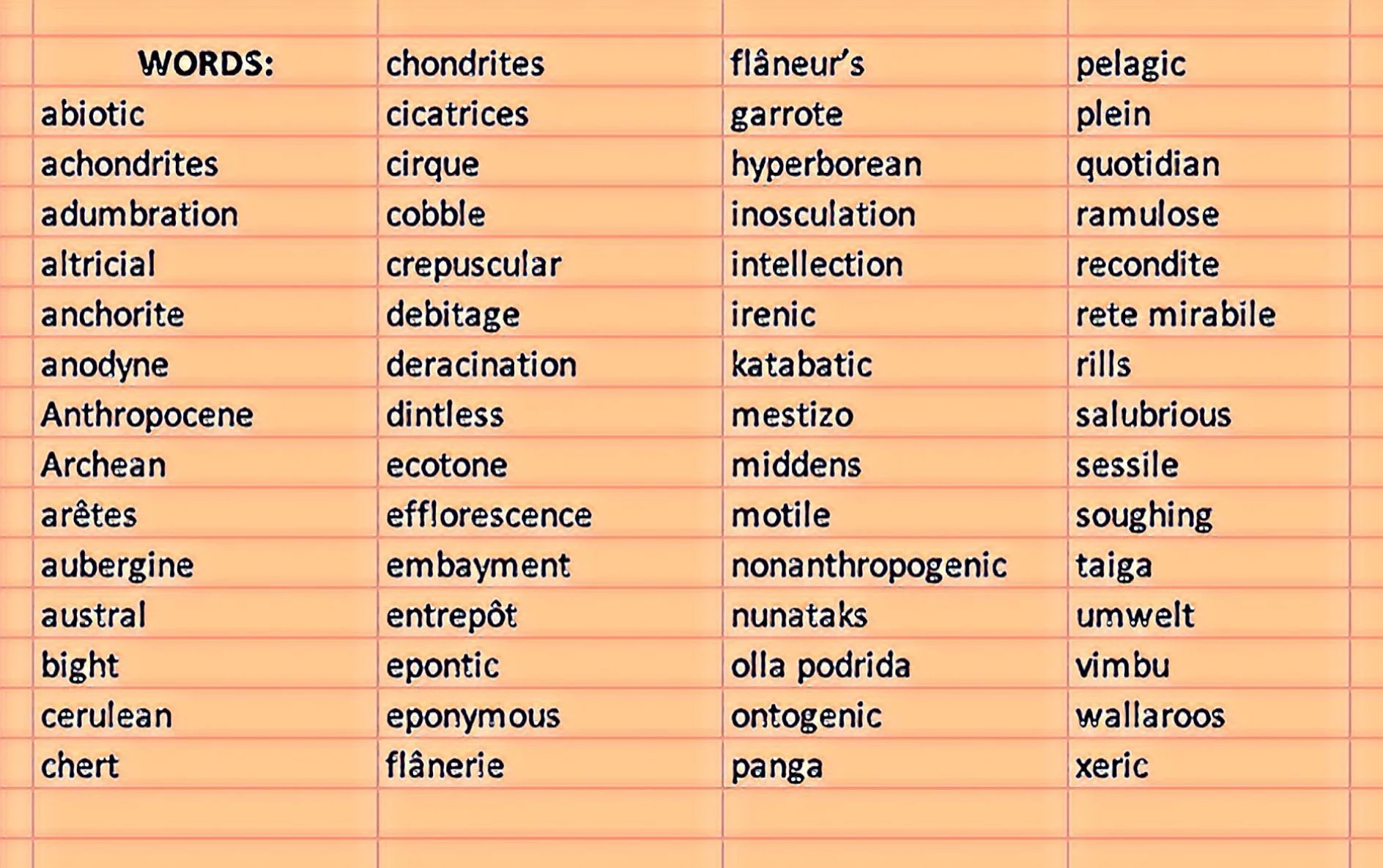Richard P. Feynman’s “THE MEANING OF IT ALL: THOUGHTS OF A CITIZEN-SCIENTIST”
Review by Dennis D. McDonald
These three 1963 lectures by the physicist Richard Feynman are a joy to read for their rationality, logic, clarity, and humor. He addresses very big questions, one of which is: why do science? Another is: how should we do science?
Feynman is the first to admit that we don't know it all. He also addresses why we should continue to seek out the truth about the world around us--and why it makes sense to have questions and doubts.
I don’t think that the concept of “certainty” arises once in these lectures.
It's also clear that much of his worldview is based on his experience as a nuclear physicist. There he regularly dealt with questions about the fundamental building blocks of the universe and the forces that bind them together and how those forces could be manipulated. Yet he makes a strong case for applying similar logic and rationality to common day-to-day questions.
As far-fetched as that may sound he makes a very clear and strong case not only for logic and rationality but also the need to recognize the fundamental conflicts that arise when governments overbearingly interfere in how science is done and communicated. Since his lectures date from 1963 a major object of his ire was how the old USSR suppressed research and communication that did not toe the party line. It is tempting to extend his views to how politics and science sometimes conflict today. Yet, he repeatedly warns against relying too much on arguments that depend on analogy.
His perspective about the impacts basic research on downstream practical applications are hard to refute. There can be little question that fundamental thinking about subatomic particles has led to profound developments (admittedly, not all good!) that have impacted society. He was also prescient in these 1963 lectures about the earth-shaking impacts of biological sciences would have on society.
I suspect that, were he to have lived to read Cixin Liu’s science fiction novel THE THREE BODY PROBLEM, he would have nodded with grim appreciation and satisfaction at that author’s suggestion that a non-terrestrial intelligence bent on disrupting earth's ability to defend against a future invasion would attempt to disrupt humanity’s ability to conduct fundamental nuclear physics research!
Review copyright 2024 by Dennis D McDonald. I listened to the Blackstone Audio version of this book as read by Raymond Todd, borrowed from the Alexandria Public Library. Todd’s reading is superb.

















